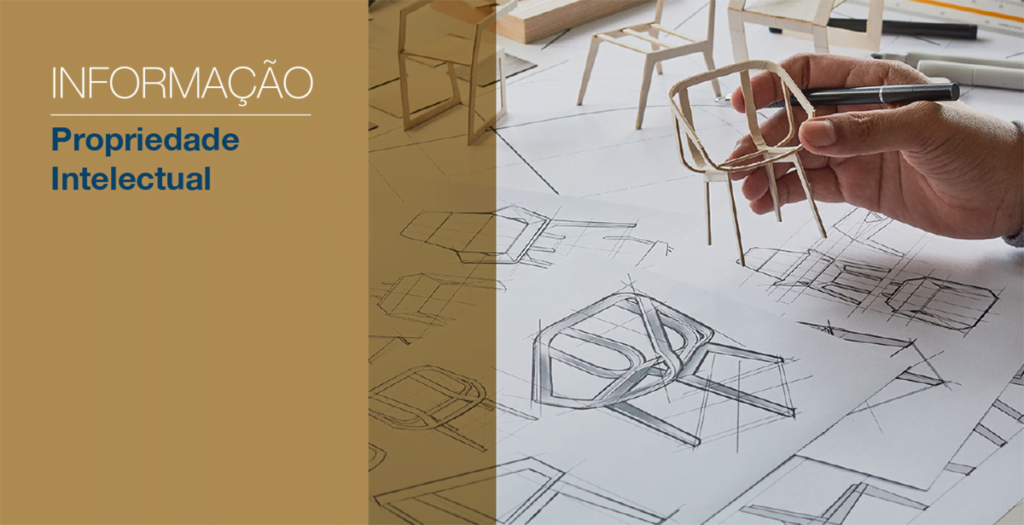No 3º Congresso Cerealista Brasileiro, contribuímos para ampliar o debate sobre as alternativas disponíveis aos credores diante do avanço da recuperação judicial no agronegócio. A apresentação conduzida por Thomas Dulac Müller, sócio-diretor da CPDMA, destacou os principais pontos de atenção para cerealistas e demais agentes da cadeia, com foco na organização coletiva, na atuação estratégica em […]
CPDMA BLOG
More affordable international protection for Industrial Designs

As of 08/01/2023, the BPTO will begin to receive applications for Industrial Design registrations via The Hague System, aiming at simplifying procedures and reducing costs for the registration of this asset abroad.
In summary, through a single application, those interested in extending the protection of their Brazilian industrial designs may do so in up to 96 countries. This is because Brazil has adhered to the Hague Agreement for the International Protection of Industrial Designs, with the World Intellectual Property Organization.
Industrial design protects the external appearance of an object that can be produced on an industrial scale, either in three-dimensional form (like a bottle, for example) or in two-dimensional form (like a print on a fabric, for example), provided it is new and original.
Its registration aims to guarantee the exclusivity of the design, which cannot be copied without the authorization of the registration holder. In Brazil, it has an initial validity of 10 years, and can be extended for 3 successive periods of 5 years each, up to a maximum of 25 years, as of the filing date.
Recent posts
The Tax Reform, provided for in the Federal Constitution (art. 156-A), in Complementary Bill No. 108/2024, and in Complementary Law No. 214/2025, had as its main goal to transform the consumption taxation system in Brazil. Five complex taxes were eliminated — PIS, Cofins, IPI, ICMS, and ISS — which will be replaced by […]
STJ upholds acquisition for any price in the 3rd round of the bankruptcy auction and rejects claims of an unfairly low price
A Terceira Turma do Superior Tribunal de Justiça (STJ) proferiu uma decisão de grande impacto no Direito Empresarial e Processual, validando a arrematação de um imóvel de massa falida por apenas 2% de sua avaliação. Esta decisão é fundamental e reforça a prioridade da Lei de Falências (Lei nº 11.101/2005, atualizada pela Lei nº 14.112/2020) […]
Em recente julgamento (REsp 2.180.611-DF), a Terceira Turma do STJ estabeleceu um entendimento crucial que visa proteger o patrimônio do coproprietário ou cônjuge, em caso de penhora e arrematação de bens indivisíveis, que não tem responsabilidade pela dívida (o alheio à execução). O que mudou e o que você precisa saber? A lei (Código de Processo Civil - […]
O Superior Tribunal de Justiça (STJ) firmou um importante entendimento no Tema Repetitivo 1368 sobre a taxa de juros de mora aplicável a dívidas de natureza civil no Brasil, antes da vigência da Lei n.º 14.905/2024. --- A tese firmada: o STJ estabeleceu que o artigo 406 do Código Civil de 2002 (em sua redação anterior à Lei […]
Rural sale-and-leaseback: liquidity for companies in crisis and protected returns for investors
No agronegócio brasileiro, a busca por capital rápido em meio à escalada dos juros fez crescer uma estrutura já conhecida no mercado imobiliário urbano: o sale-and-leaseback. A lógica é direta: o produtor vende a área rural a um investidor, recebe o dinheiro à vista e, no mesmo ato, assina um contrato de arrendamento a longo prazo […]


